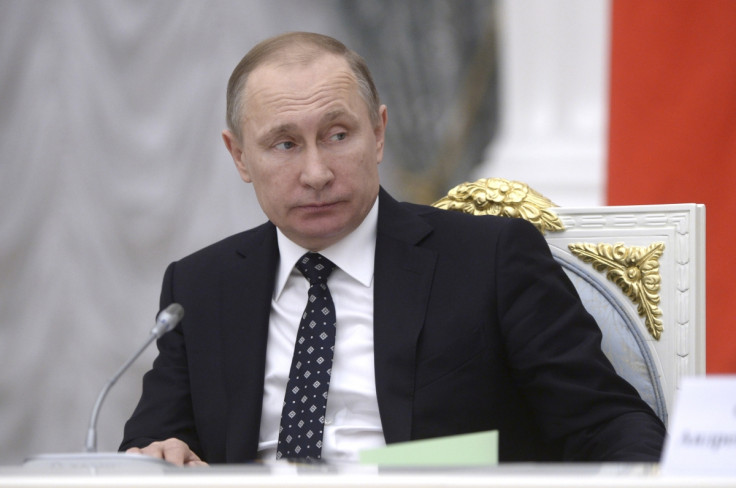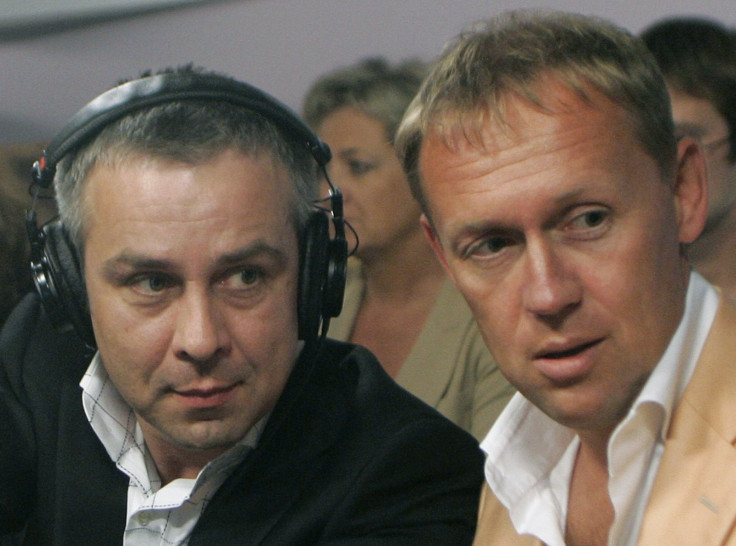Litvinenko inquiry: Paedophile slur against Vladimir Putin listed among murder motives

Vladimir Putin and former KGB agent Alexander Litvinenko held a personal grudge that culminated in the latter accusing the Russian president of being a paedophile and played a role in the probable Kremlin decision to murder him, an inquiry has found.
The animosity between the two is one of several potential motives behind the killing identified by a long-awaited inquiry, the findings of which were published on 21 January. Litvinenko died of poisoning after his tea was laced with the highly radioactive polonium Polonium-210 at a London hotel in November 2006.
The inquiry's chairman, Sir Robert Owen, said evidence strongly suggests the former spy was killed by the main suspects in the case, Andrei Lugovoi and Dmitry Kovtun, on the orders of Russia's intelligence agency, the FSB, in an operation approved by its then chief, Nikolai Patrushev, and Putin himself.
Sir Robert's report outlined five motives that the Russian State might have had to kill Litvinenko, adding they overlapped and their effect was cumulative. They are reproduced here below in full.
1) First, Mr Litvinenko was regarded as having betrayed the FSB as a result of the public disclosures that he made before he left Russia, in particular his claim that he had been ordered to kill Mr [Boris] Berezovsky. This idea of betrayal was compounded by Mr Litvinenko's campaigning activity in the UK. The two books that he wrote accused the FSB of responsibility for 1999 apartment bombings and of collusion in organised crime.
2) Second, according to Mr Lugovoi, the FSB also received information that Mr Litvinenko was working for British intelligence, and that he had tried to recruit Mr Lugovoi to do so too.
3) Third, Mr Litvinenko was a prominent associate of both Boris Berezovsky and Akhmed Zakayev, both of whom were leading opponents of the Putin administration.
4) Fourth, the causes espoused by Mr Litvinenko – such as the FSB's alleged responsibility for the apartment bombings, the war in Chechnya, and alleged collusion between President Putin and other members of his administration and organised crime – were areas of particular sensitivity to the Putin administration.
5) Finally, there was undoubtedly a personal dimension to the antagonism between Mr Litvinenko on the one hand and President Putin on the other. The history between the two men dated back to their (only) meeting in 1998, at a time when Mr Putin was the newly appointed head of the FSB and Mr Berezovsky and Mr Litvinenko still hoped that he might implement a programme of reform. In the years that followed, Mr Litvinenko made repeated highly personal attacks on President Putin, culminating in the allegation of paedophilia in July 2006.
Litvinenko accused Putin of paedophilia in an article that appeared on the Chechenpress website in July 2006, in which he described a kiss on the stomach given by the Russian president to an unknown tourist boy aged four or five outside the Kremlin.
After the report was published, Interpol issued notices for Lugovoi and Kovtun, but Russia has previously refused to extradite them. Both men deny any involvement in murder.

© Copyright IBTimes 2024. All rights reserved.






